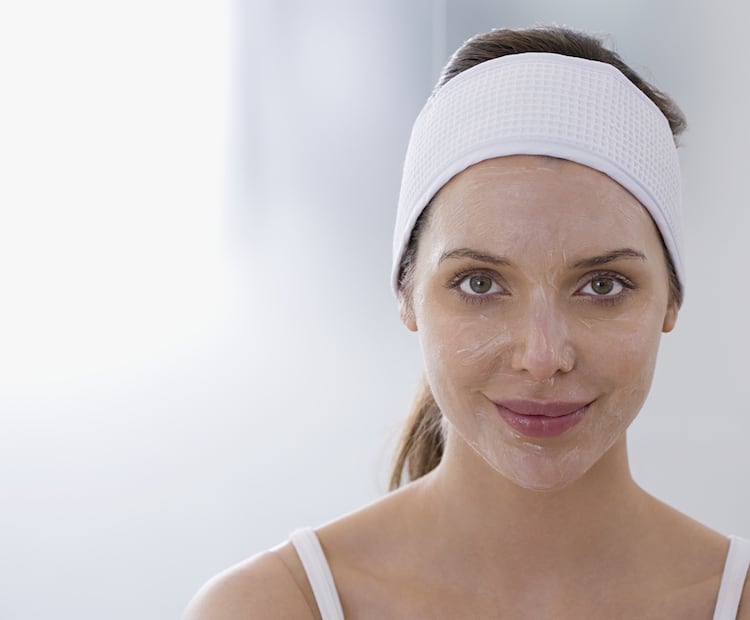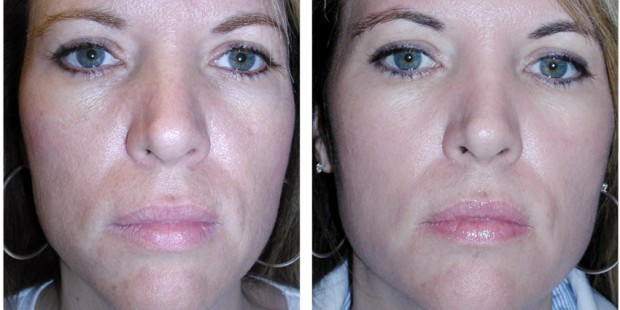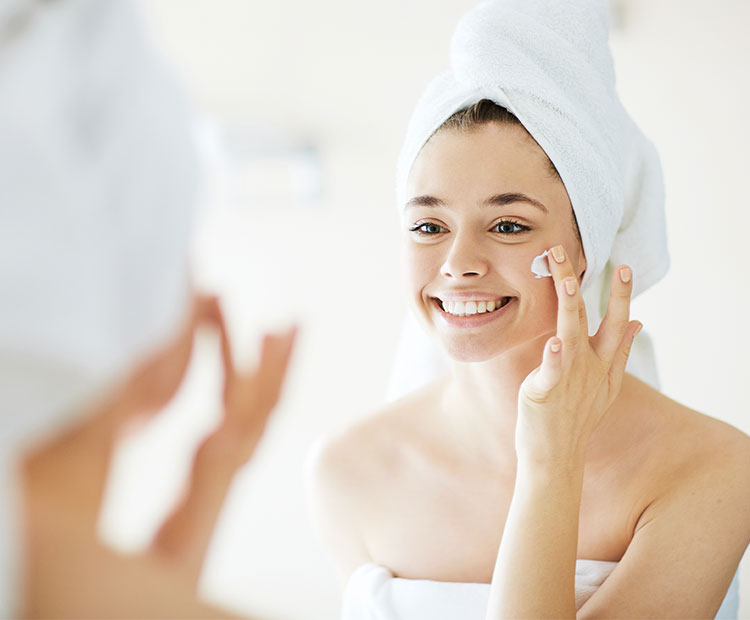Benefits of chemical peels on the skin
What is the difference between chemical peels and others?

Chemical peels, some prefer them and some fear them, so what do you know about these peels and the skin’s need for them? Try chemical peels that you can use at home. The new generation of them is suitable for all skin types, treats loss of vitality and wrinkles, unifies the skin and gives it the radiance it needs.
The problem of loss of vitality is exacerbated in the late summer, as the thickness and roughness of the skin increases due to exposure to the sun, and some spots that disturb it appear. In this case, chemical peels are an ideal solution to restore the skin's radiance without exposing it to irritation and sensitivity.
How do these chemical peels work?
These scrubs help the skin to renew itself In a balanced way, with the passage of years and exposure to polluting factors, the skin finds it difficult to get rid of the dead cells accumulated on its surface, and the process of cell renewal slows down.
In the case of oily and mixed skin, some of the dead cells come to settle in the pores and block them, while in dry skin, the dead cells that remain attached to the surface of the skin cause a lack of smoothness and radiance. Chemical peels come to help activate the mechanism of cell renewal, which restores smoothness, suppleness and radiance to the skin, as it removes impurities and smoothes wrinkles.
What is the difference between manual peeling and the use of chemical peels?

The goal of the two types of exfoliation is the same: to remove the dead cells that cover the surface of the skin, but each has a different method of action. The manual scrub works mechanically, as its massaging moves the granules in it above the surface of the skin, which leads to the removal of dead cells. In the case of chemical peeling, the preparation relies on chemical active elements that remove dead cells and make way for the emergence of a new layer of skin.
New types of chemical peels suitable for all skin types
Fruit acids are included in the bulk of the peeling preparations currently available in the market. Its hardness varies from one type to another, but cosmetic houses usually combine several types of acids to activate their results, as well as add laxatives to neutralize any sensitivity they may cause. The most important thing is to choose the scrub that suits your skin type.
• Lactic acid has a soft effect, which makes it ideal for sensitive skin, which does not tolerate any redness or tingling that may accompany the use of the scrub. When this acid is mixed with jojoba oil or rice flour extract, it smoothes the surface of the skin without irritating it.
• Salicylic acid is suitable for skin suffering from acne or minor infections. It has anti-bacterial effect. It is mixed with lactic acid to make it smoother on the skin or with citric acid to treat enlarged pores.
• Glycolic acid has a deeper exfoliating effect than others, and is suitable for thick, oily skin. It is usually mixed with other ingredients that reduce its harshness such as aloe vera extract, black tea extract, or polyphenols.
• Retinol or Vitamin A is a highly effective anti-wrinkle exfoliator. It is recommended to use it in the evening because exposing the skin to the sun after its application can leave dark spots on it.
How are these chemical peels used at home?
How to use these peels depends on the ability of the skin to tolerate it and the time that we can devote to its application.
• If you are very afraid of your skin, use a daily scrub with fruit acids, apply it on clean skin, and moisturize the skin well after using it.
• If you are persistent, use a soft peeling product that you apply to your skin in the evening after removing make-up, to be used day after day if any sensitivity appears on your skin, and the night cream is applied after that.
• If you are perfect, undergo a month-long fruit acid treatment. Use the exfoliating lotion every evening, and make sure that you apply an anti-sun cream of at least SPF 30 to your skin the next morning, in order to avoid the appearance of any spots on the skin.
Cases that do not tolerate these chemical peels:
The new generation of peels is characterized by its soft effect, but despite that, dermatologists advise to avoid applying them to very sensitive skin and those suffering from herpes, eczema, vasodilation, skin allergies, and acne.
Are household chemical peels similar to those used by a plastic surgeon in his clinic?
Retinol or glycolic acid are in combination with both, but in a different concentration, they are usually stronger when the scrub is applied in the clinic. Doctors resort to peeling with glycolic acid in the case of women who have not yet reached forty, as it is accompanied by only a little redness that disappears after hours. As for the medium peeling with retinol, it is suitable for mature skin, and it requires staying at home for 7 days as a result of skin peeling and the redness that accompanies it.






